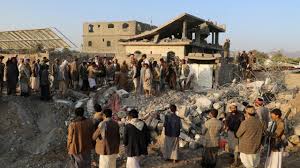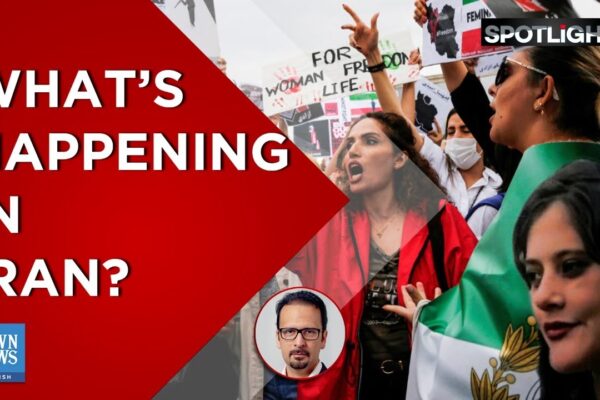
Introduction
The Houthis, officially known as Ansar Allah, are a significant force in Yemen’s protracted civil war, which has led to one of the worst humanitarian crises in the world. This group, originating from the northern Saada province, has transformed from a local movement to a formidable political and military player, deeply influencing Yemen’s future. Understanding the Houthis is crucial for comprehending the complexity of the region’s geopolitics and the ongoing crises.
Background and Rise to Power
The Houthis emerged in the 1990s, initially as a theological movement advocating for Zaidi Shia Islam. Their revolt against the Yemeni government began in 2004, leading to a series of conflicts. Their power surged in 2014 when they seized control of the capital, Sana’a, prompting a civil war that drew in regional powers, namely Saudi Arabia and Iran, significantly escalating the conflict.
Current Situation and Developments
As of October 2023, the Houthis remain in control of northern Yemen, including Sana’a. Their military capabilities have evolved, showcasing sophisticated technology and operational strategies, which have raised concerns among their adversaries. Recent reports indicate increased Houthi drone and missile attacks targeting Saudi Arabia, complicating peace efforts and exacerbating tensions in the region.
The humanitarian implications are severe, with over 24 million people in Yemen facing acute food insecurity, making the situation increasingly dire. Ceasefire negotiations have been sporadic, and while some progress was made in talks brokered by the United Nations, a lasting resolution remains elusive. The Houthis’ demands for greater political representation and resources continue to be a sticking point in any potential agreements.
International Response and Future Outlook
The ongoing conflict and the Houthis’ actions have drawn international responses, with various nations pushing for a diplomatic resolution. The United States has engaged in dialogue with the Houthis, inviting discussions around de-escalation and humanitarian access. Meanwhile, Saudi-led coalition forces continue to conduct airstrikes in response to Houthi rocket fire, creating a cycle of retaliation that perpetuates the humanitarian crisis.
Conclusion
The significance of the Houthis in the Yemen conflict cannot be overstated. Their evolving role as both a military force and a political entity presents challenges not only for Yemen but for the broader Middle East. Continued attention from international stakeholders is essential for advancing peace talks and addressing the humanitarian needs of the Yemeni people. As negotiations unfold, the actions and strategies of the Houthis will undoubtedly continue to shape the conflict’s trajectory, with global implications for regional stability.
You may also like

Understanding the Current Political Landscape in the UK

Current Events: What’s Happening in Iran

The UKIP Party: Recent Developments and Future Outlook
SEARCH
LAST NEWS
- Remembering Wendy Richard: The Promise to Co-Star Natalie Cassidy
- How Did Anglian Water Achieve an ‘Essentials’ Rating for Mental Health Accessibility?
- Shai Hope Leads West Indies in T20 World Cup Clash Against South Africa
- What We Know About Weston McKennie: Future at Juventus and Past at Leeds
- What We Know About the Upcoming Live Nation Antitrust Trial